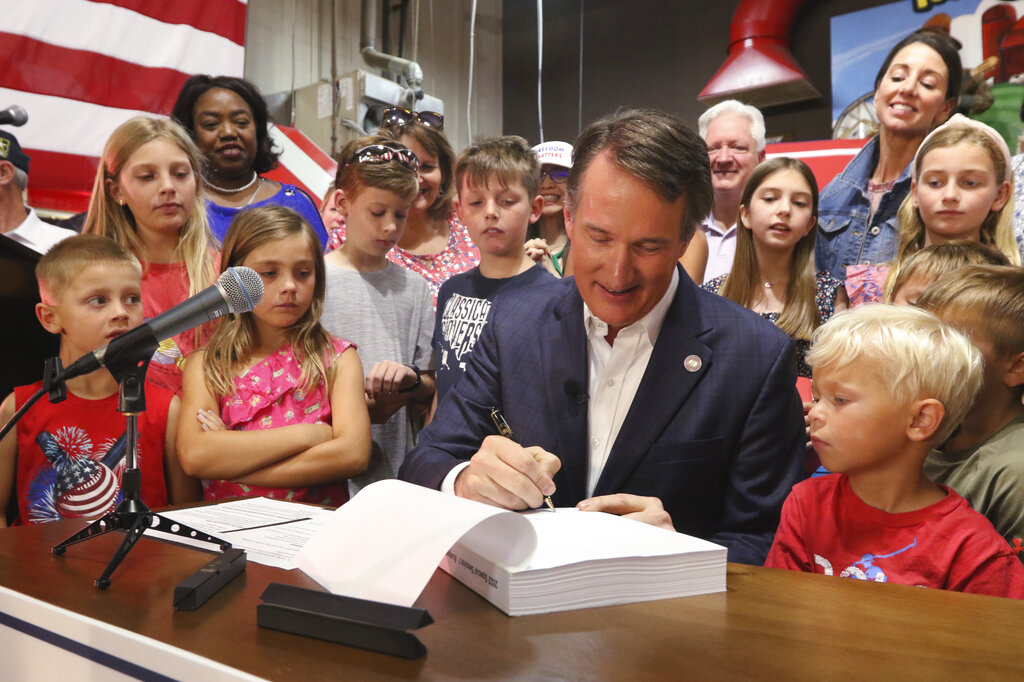The Foundation for Individual Rights and Expression's (FIRE) Laura Beltz says UMass Lowell's Acceptable Use Policy, which governs the use of computing and networking resources, prohibits students from intentionally transmitting, communicating, or accessing offensive material online.
She points out that "offensive" is a subjective term.

"The policy says that they can't use these resources irresponsibly, including using them to transmit or make accessible offensive material," FIRE's senior program officer for policy reform details. "Anything on the internet could be called offensive by someone, so apparently, just about anything could be punished under this policy."
Every month, FIRE highlights a university policy that hinders students' free expression, and the Acceptable Use Policy has earned the honor of FIRE's August Speech Code of the Month.
Beltz tells AFN such guidelines often discourage free speech and discussion.
"With a policy like this, even if it isn't actually applied, a student reading it has to assume that they could be punished for just about anything," she asserts. "That could have a chilling effect on expression."
The FIRE spokeswoman notes that the policy currently earns the worst, "red light" rating for placing a clear and substantial restriction on free speech, putting UMass Lowell in the bottom 18.5% of schools rated in FIRE's Spotlight database. Bus since this is UMass Lowell's only red light policy, if it were to make revisions, the university could improve to earn an overall "yellow light" rating, which Beltz considers a big step forward for free speech.
She adds that rules like UMass Lowell's Acceptable Use Policy make it easy for schools to crack down on disfavored speech.







